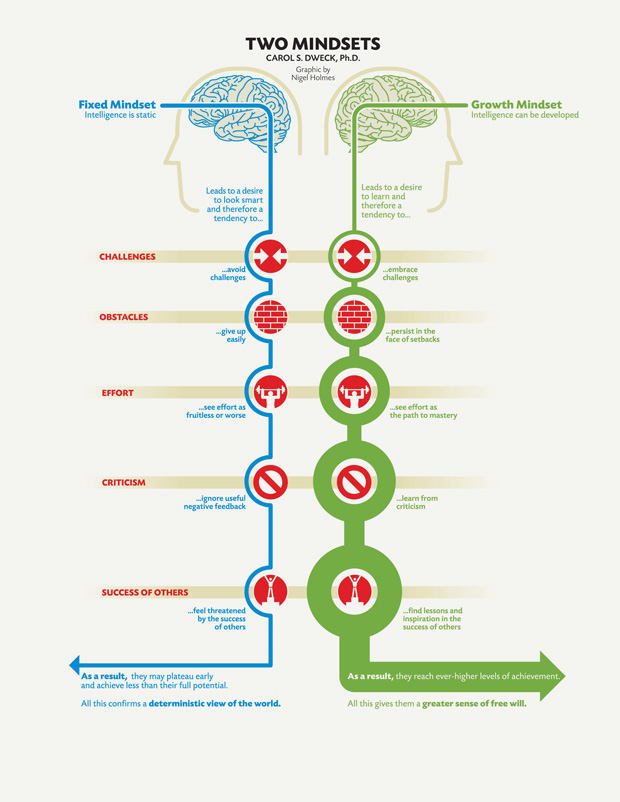As an IT worker who knows lots of other IT and technology workers, I am always surprised by how many of us have 8-5, M-F, jobs in an office. Even if you work a flexible schedule, work *some* weekends, or do *some* telecommuting, it always seem to fall outside of the norm. Melissa Mayer famously abolished Yahoo's telecommuting policy. Best Buy recently abolished theirs, too. If you read Melissa's response she says it is a "wrongly perceived industry narrative"1 and in my experience, that is true. Even the freelancers, contract workers, and consultants that I know are often required to work IN an office during 8-5 M-F hours.
After this recent snowstorm in the south, I thought about how poor and antiquated our public transportation system, which just makes no sense if we really expect people to work in offices M-F, 8-5. We make it hard for them to get there, which then sets ourselves up for transportation nightmares. Yet, it doesn't have to be that way. For MARTA in Atlanta, it was (and continues to be) about politics - the politics of poor vs. wealthy, the politics of white vs. black2. What could have existed as a viable transportation option was never given a chance.3
Obviously, better planning AND better public transportation would help relieve the pressure on the existing infrastructure, regardless if a person lives 5 minutes from work or 50 minutes from work. At some point, we can't just add another lane to the highway. Another answer which SHOULD be equally obvious - more telework. Granted, not all jobs are going to be telework appropriate (although there was a television program in the UK where doctors diagnosed patients using webcams4, so hey if it works for that, maybe we need to rethink more professions).
When I hear of resistance to telework for IT and tech staff (not knowing what the employee is doing; not sure of their progress/how much work is done; not really part of the team; don't know the employee, lack of collaboration/sharing information/work -- the list goes on and on) - the majority of the issues are either related to outdated infrastructures and workflows or management issues -- TRUST issues. A person working at home - possibly in their pajamas - how dare they? (I would argue that there are probably few of us who have done telework that actually do wear our pajamas to work - granted I did it once WHEN I WAS SICK AND STILL WORKED. (by the way, would I have gone TO work in that situation? NO.) How many supervisors supervise IT and tech staff via email? Memos? Chat? IM? If you are already doing that, then it seems silly to have someone sit in an office for accountability purposes. Aren't there other ways to ensure accountability rather than randomly popping by to see if the person is there?
I have been on both sides of the telework spectrum. I once supervised someone that had to work at home for various reasons. It was extraordinarily difficult and this employee became the reason (excuse) not to allow telecommuting. Although it was not completely a failure (work did get done), it wasn't a shining success story, either. So, why was it less than successful? I've pondered this over the years and I've come to some conclusions (red flags were rampant but I was under a mandate to make it work):
- Lack of training and skills by the employee who was telecommuting : she was a relatively new and new-to-the-workforce employee (red flag: needed more training and supervision; needed more guidance in establishing good work habits which was very hard to do in a virtual environment)
- Lack of communication / communication tools: no skype (didn't exist), no webcams, no chat and her phone only sometimes worked.
- Lack of a good infrastructure: barriers on both sides; our antiquated systems, network, and security protocols were not setup to allow easy telecommuting; her computer was outdated and ill equipped for the level of work that needed to be performed.
- Lack of clear expectations: no organizational/institutional contract or checklist of requirements for telework. We used the same evaluation schema as used for inhouse workers (both of which were vague in outputs, which then made evaluation of actual work exceedingly hard - I did work to change these)
- No plan or protocols for telecommuting; each was handled in case-by-case basis.
Various studies have found that teleworkers are more productive than inhouse workers, but that they need more organisational support.5
Why?
- Proximity breeds complacency
- Working remotely makes people try harder to connect with one another.
- Physically separated people and teams maximize the time they spend together.
- Virtual teams make better use of tools. 6
1 Marissa Mayer on telecommuting: http://tech.fortune.cnn.com/2013/04/19/marissa-mayer-telecommuting/
↩ 2 Fight over Atlanta Mass Transit Raises Race Issues
↩ 3 Where It All Went Wrong: If only we could undo the MARTA Compromise of 1971
↩ 4 Embarrassing Bodies (Wikipedia entry)
↩ 5Trans-Tasman Survey Finds ‘Hybrid Teleworkers' Are More Productive and Satisfied With Their Job, but Organisations Need to Provide More Support
6Do Teleworking Employeres Have Higher Productivity?
Related:
Atlanta Snowstorm: The day we lost atlanta http://www.politico.com/magazine/story/2014/01/atlanta-snow-storm-102839.html
Telework.gov, http://www.telework.gov/
Techday – Are ‘teleworkers’ more productive? http://techday.com/it-brief/news/are-hybrid-teleworkers-more-productive/172527/
